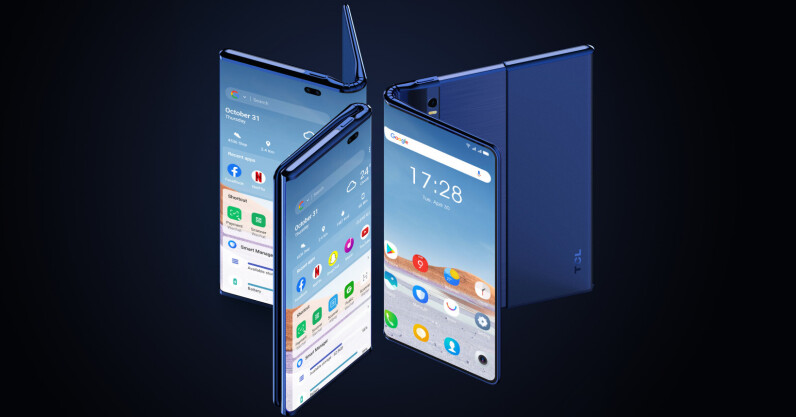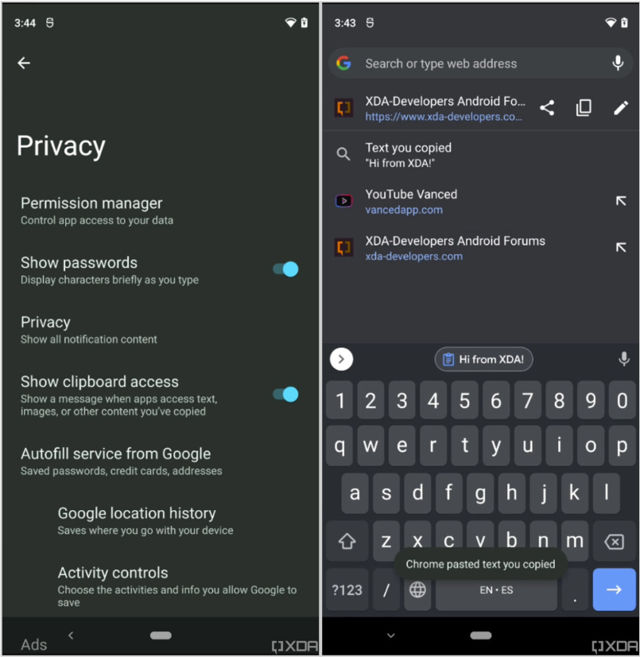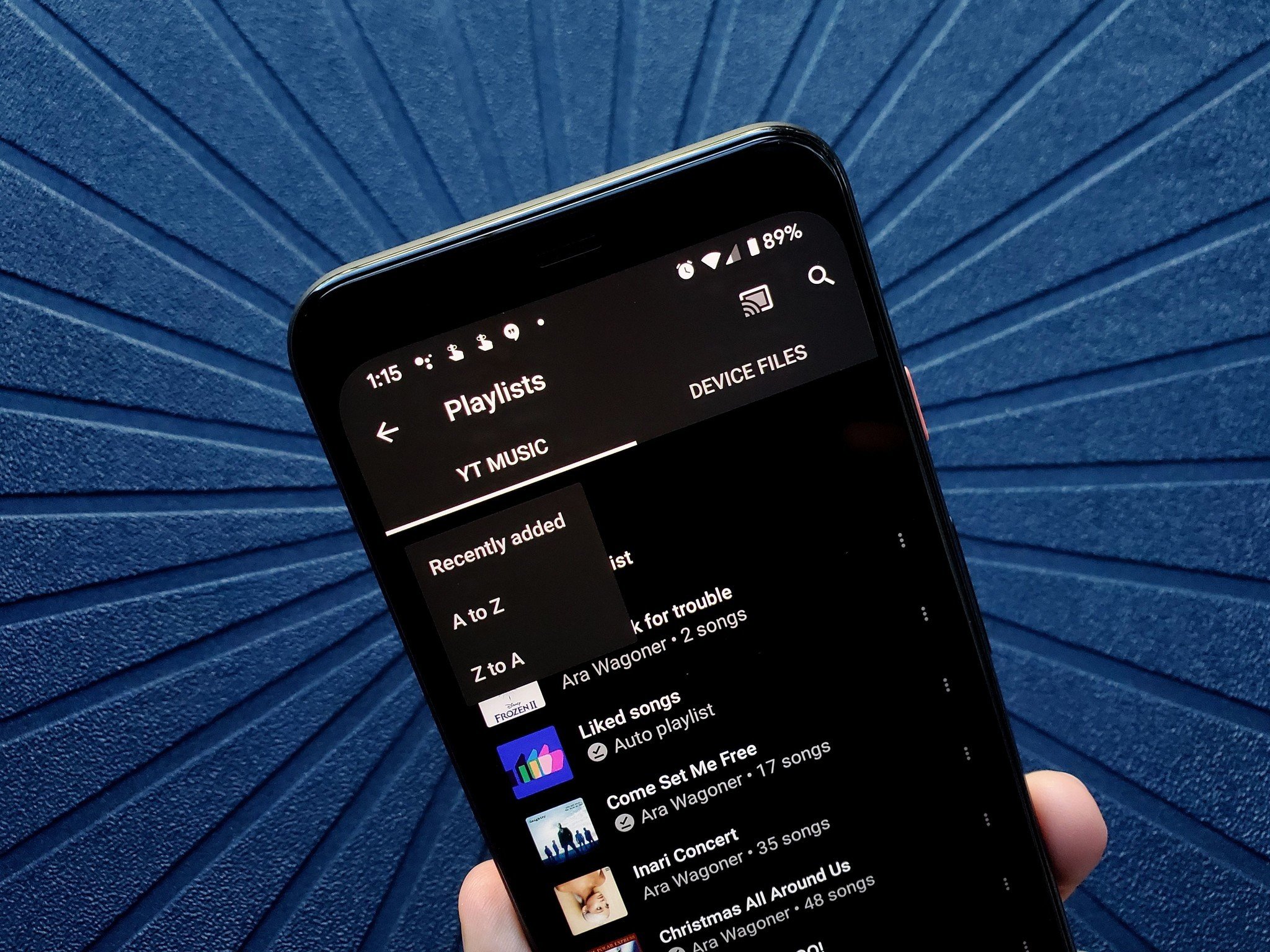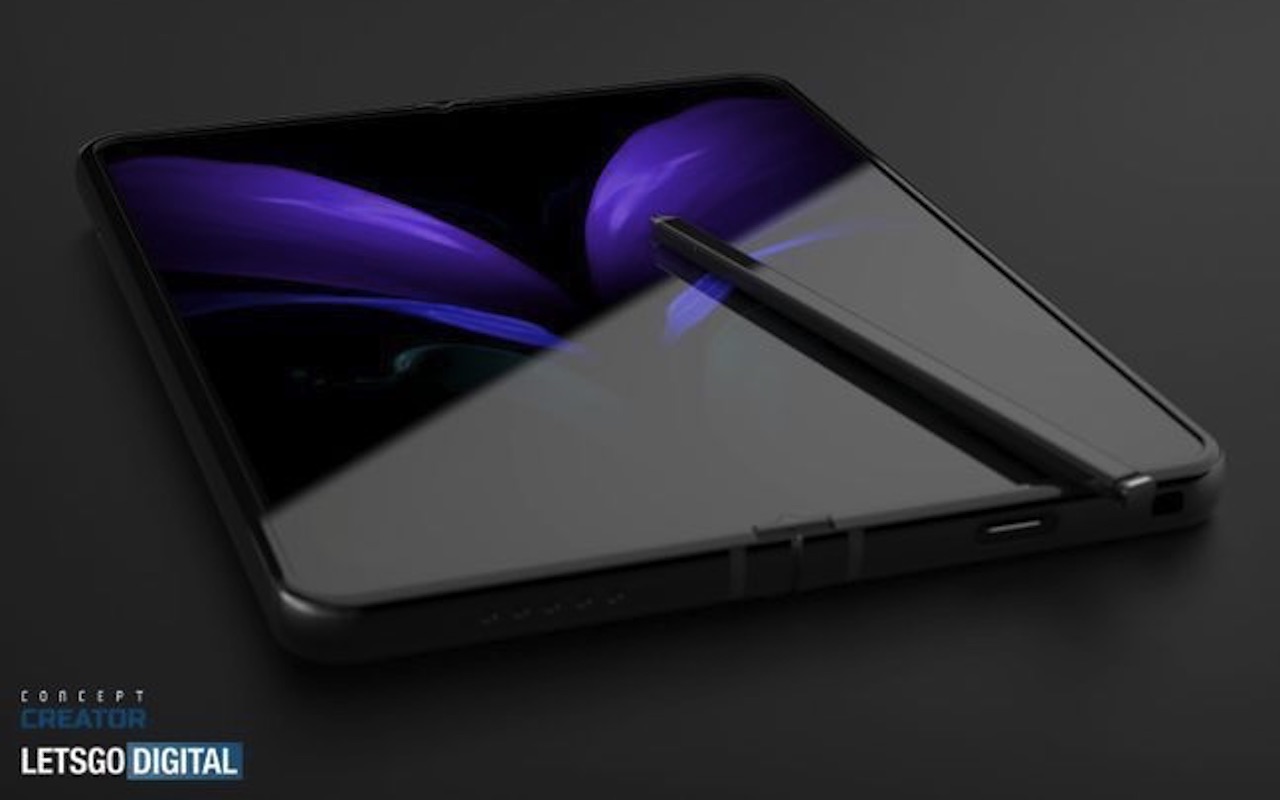Chrome gets a security boost on Android and desktop with latest update - Android
Chrome will now default to HTTPS for improved privacy and faster loading speed.

What you need to know
- Chrome 90 is now rolling out to the stable channel on desktop and Android.
- The latest release brings the AV1 encoder to the desktop version, which promises better compression efficiency for video conferencing.
- Additionally, Chrome now defaults to HTTPS for more secure browsing.
Google has started rolling out Chrome 90 to the stable channel for desktops and Android devices. While the latest update doesn't bring a long list of new features, there are two important user-facing changes that make one of the best browsers even better (via BleepingComputer).
First, Chrome 90 for desktop ships with the AV1 encoder, which is "specifically optimized for video conferencing with WebRTC integration." Since AV1 offers higher compression efficiency compared to other types of video encoding, your next video call will be slightly smoother. Additionally, AV1 enables video for users on low bandwidth networks and brings vastly improved screen sharing efficiency over other codecs such as VP9.
Chrome 90 also changes the default protocol to HTTPS. This means Chrome will now connect to any URL that you enter in the address bar using the https:// protocol. In addition to improved security and privacy, the change should also result in a small increase in performance as HTTP connections will no longer be redirected to HTTPS connections.

As noted by Google in a blog post on the Chromium blog, however, "IP addresses, single label domains, and reserved hostnames such as test/ or localhost/" will continue to default to HTTP. The change is currently limited to the desktop and Android versions of Chrome, but is expected to arrive on iOS sometime later this year.
15/04/2021 07:58 AM
TCL teased a phone that both folds and rolls, and I totally love it
15/04/2021 03:21 AM
Galaxy Z Fold 3 May Not Offer Ideal S Pen Support
15/04/2021 01:13 PM
Android 12 could come with a pretty useful privacy feature
15/04/2021 08:08 AM
YouTube Music quietly gains improved playlist discovery
15/04/2021 11:43 PM
Samsung Galaxy Z Fold 3 will not feature an S-Pen slot
15/04/2021 10:40 AM
Microsoft - Timeline is staying in Windows 10, but without free syncing
15/04/2021 03:04 AM
Upcoming Samsung 'Galaxy Book' Laptops Shown In Images
15/04/2021 12:07 PM
- Comics
- HEALTH
- Libraries & Demo
- Sports Games
- Racing
- Cards & Casino
- Media & Video
- Photography
- Transportation
- Arcade & Action
- Brain & Puzzle
- Social
- Communication
- Casual
- Personalization
- Tools
- Medical
- Weather
- Shopping
- Health & Fitness
- Productivity
- Books & Reference
- Finance
- Entertainment
- Business
- Sports
- Music & Audio
- News & Magazines
- Education
- Lifestyle
- Travel & Local







